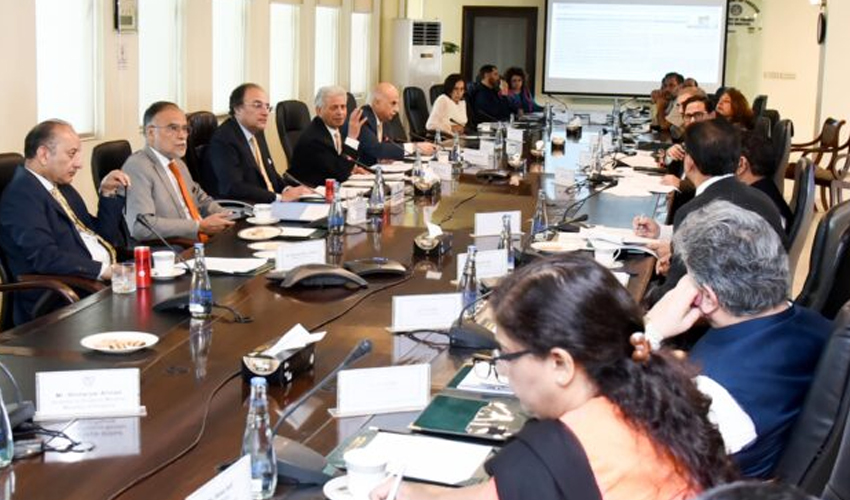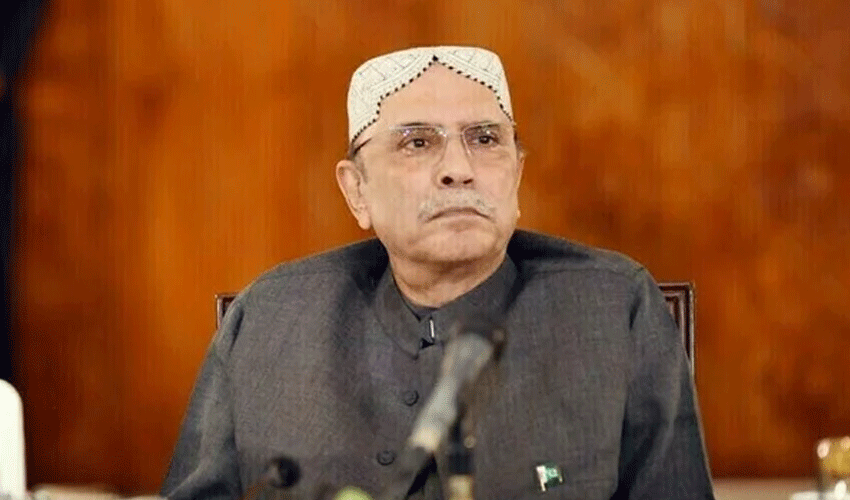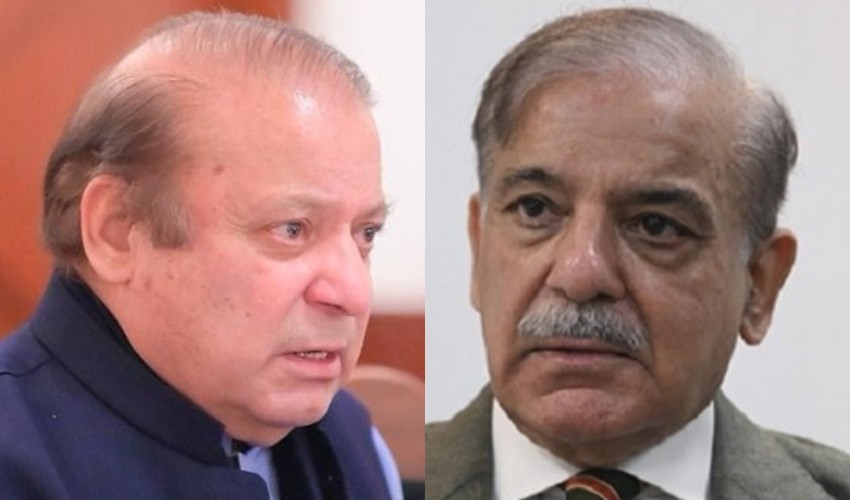The Economic Coordination Committee (ECC) of the Cabinet has approved a winter relief package aimed at providing temporary financial relief to electricity consumers across the country.
Under the package, a flat rate of Rs26.7 per unit will be applied to additional electricity consumption for consumers exceeding 200 units.
The ECC meeting, chaired by Finance Minister Muhammad Aurangzeb, deliberated on the proposal from the Power Division and gave its nod to the initiative. The package will be effective from December 2024 to February 2025 and will extend its benefits to eligible consumers of General Services and K-Electric.
This initiative is expected to support domestic, commercial, and industrial consumers, offering varying levels of relief.
Households and businesses consuming more than 200 units will enjoy significant cost savings. Commercial users could benefit by 34% to 47% under this scheme, while industries are expected to see cost reductions ranging from 18% to 37%.
The government has already secured approval for the package from the International Monetary Fund (IMF). To determine eligibility, electricity consumption during the winter months of 2024 will be compared with the average consumption of the same months over the past three years.
The Finance Ministry anticipates that this package will encourage higher electricity usage while reducing reliance on gas during the winter season. By doing this, maximum utilization of the generated electricity will be possible.
The ECC also approved the transfer of Rs3.14 billion in emergency relief funds to the National Disaster Management Authority (NDMA). These funds will bolster ongoing rescue and relief operations, ensuring timely support for affected communities.
In previous years, a decrease in electricity consumption was observed during the winter months. Electricity consumption fell by 6% in the three winter months of the 2023 financial year, while an 8% decline was noted in 2024. The government hopes this package will reverse the trend, incentivizing electricity usage and benefiting consumers and the energy sector alike.


























